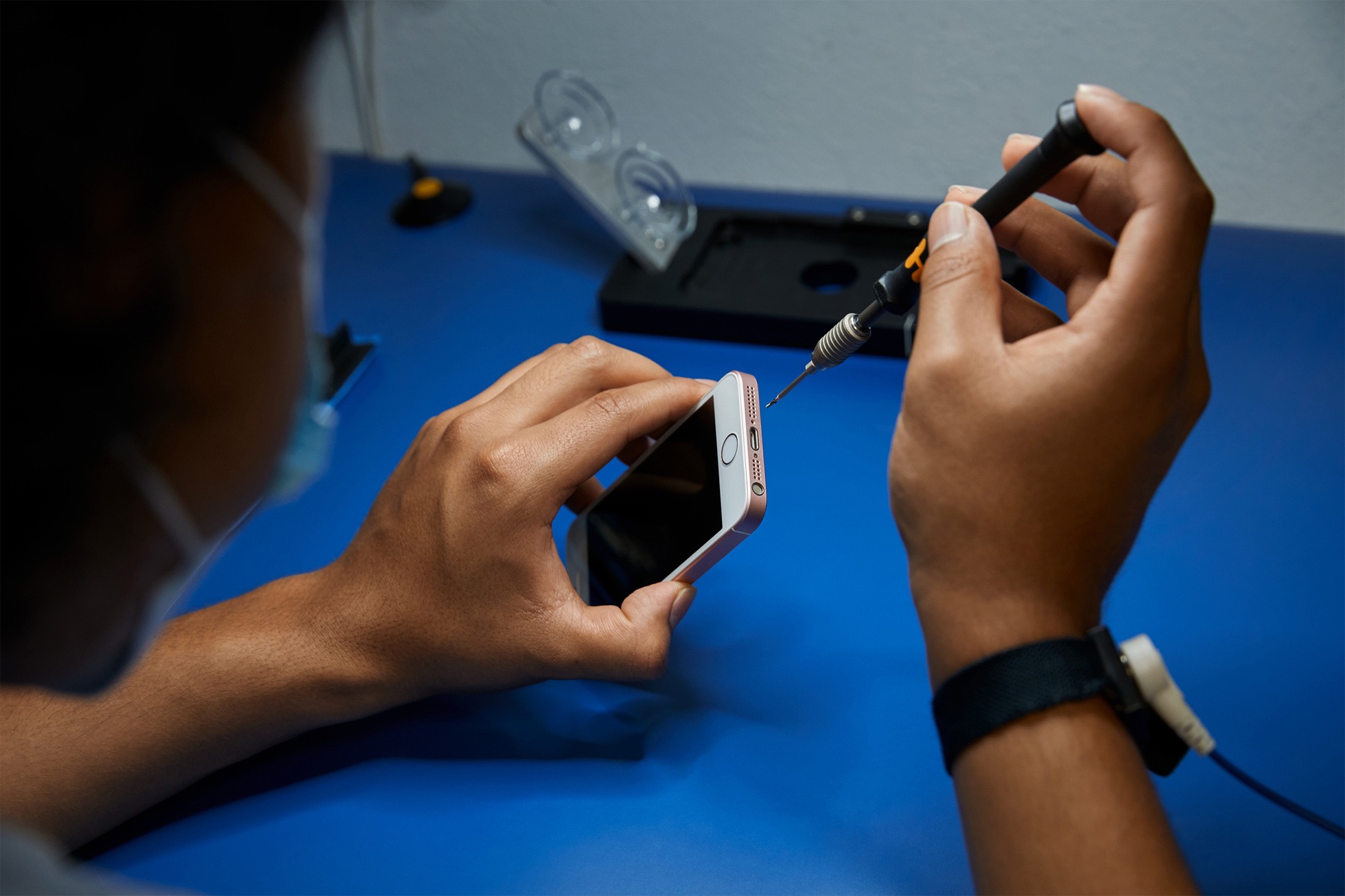The U.S. Federal Trade Commission has published an in-depth report looking at how the product repair restrictions that manufacturers put in place negatively impact consumers and small businesses in various ways.

Titled “Nixing the Fix,” the report covers a litany of methods that companies use to limit the ability for customers and independent business to repair their products.
Focusing on mobile phone and car manufacturers in particular, the report found that even when a warranty does not explicitly require that repairs be performed by the original manufacturer, many manufacturers restrict independent repair and repair by consumers in the following ways:
- Product designs that complicate or prevent repair
- Unavailability of parts and repair information
- Designs that make independent repairs less safe
- Policies or statements that steer consumers to manufacturer repair networks
- Application of patent rights and enforcement of trademarks
- Disparagement of non-OEM parts and independent repair
- Software locks and firmware updates
- End User License Agreements
Manufacturers including Apple have argued that these repair restrictions exist to protect intellectual property rights and prevent injuries and other negative consequences, and that opening up repair access would undermine the safety and security of their products.
However, after evaluating manufacturers’ explanations for the repair restrictions via a workshop and requests for research, the FTC found “scant evidence” to support them. The report continues:
Many consumer products have become harder to fix and maintain. Repairs today often require specialized tools, difficult-to-obtain parts, and access to proprietary diagnostic software. Consumers whose products break then have limited choices.
[…]
Content was cut in order to protect the source.Please visit the source for the rest of the article.Read the original article: FTC Report Highlights Consumer Harms of Manufacturer Repair Restrictions